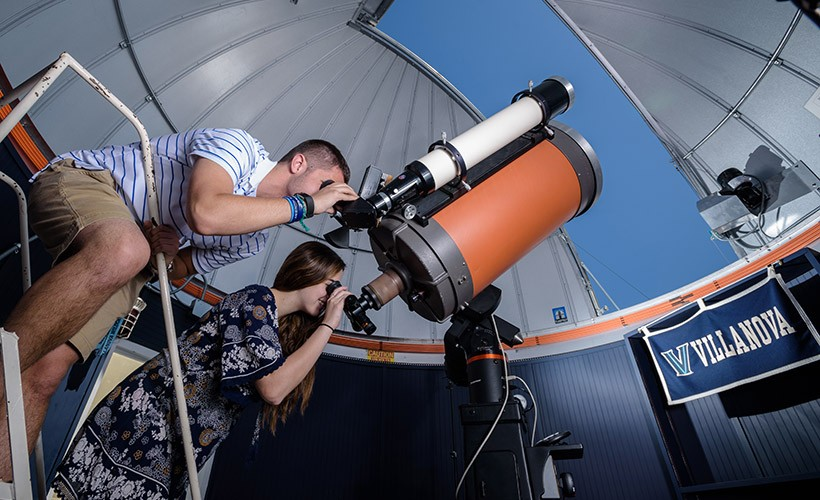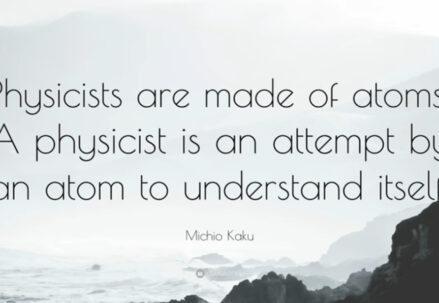As the “Basics of Astrophysics” series concludes, we reflect on the journey of astrophysics, which saw its inception in 1802 with the discovery of dark lines in the solar spectrum. This field has evolved significantly, thanks to the contributions of numerous astrophysicists. Here, we celebrate the top 10 astrophysicists, excluding astronomers and cosmologists, who have fundamentally shaped this field.
Top 10 Pioneers in Astrophysics and Their Contributions
- Meghnad Saha: Known for the Saha Ionization Equation, Saha was a pivotal figure in astrochemistry and astrophysics. His equation crucially linked the spectrum of a star to its temperature, and he invented an instrument to measure the weight and pressure of solar rays;
- Cecilia Payne-Gaposchkin: A British-American astrophysicist, Payne’s doctoral thesis revolutionized our understanding of stellar composition, asserting that stars primarily comprise hydrogen and helium;
- Fritz Zwicky: This Swiss scientist’s exploration of the Coma cluster of galaxies led him to propose the existence of dark matter, significantly advancing our understanding of the universe;
- Annie Jump Cannon: An American scientist who was instrumental in the spectral classification of stars. Her work, as part of “Pickering’s Women,” was a cornerstone in stellar astrophysics;
- Subrahmanyan Chandrasekhar: Chandrasekhar, an Indian-American astrophysicist, made significant contributions to our understanding of stellar evolution, particularly in the context of white dwarfs, neutron stars, and black holes;
- Karl Jansky: A pioneer in radio astronomy, Jansky was the first to detect radio waves from the Milky Way, laying the foundation for this field;
- Edwin Hubble: Hubble’s observation that galaxies recede faster the farther they are laid the groundwork for the understanding of the expanding universe and the Big Bang model;
- Stephen Hawking: Known for his work on gravitational singularity theorems and black hole radiation, Hawking’s theories significantly contributed to cosmology;
- Kip Thorne: A Nobel Laureate, Thorne’s work on gravitational physics and gravitational waves has been instrumental in advancing our understanding of the universe;
- Arthur Eddington: Eddington’s experimental proof of General Relativity and his theoretical work on stellar evolution have been pivotal in astrophysics.
Notable Astrophysicists and Their Groundbreaking Work
In addition to the top ten, numerous astrophysicists have made significant contributions to the field. This includes scientists like Ralph Fowler, Jayant Narlikar, and John Wheeler, among others, whose work has greatly influenced our understanding of the universe.
Comparative Table: Contributions of Renowned Astrophysicists
| Astrophysicist | Major Contribution | Impact on Astrophysics |
|---|---|---|
| Meghnad Saha | Saha Ionization Equation | Fundamental in astrochemistry and temperature analysis of stars |
| Cecilia Payne-Gaposchkin | Composition of Stars | Pioneered the understanding of stellar compositions |
| Fritz Zwicky | Dark Matter Concept | Advanced the study of galaxy clusters and dark matter |
| Annie Jump Cannon | Spectral Classification of Stars | Established the system for classifying stars |
| Subrahmanyan Chandrasekhar | Chandrasekhar Limit | Explored the evolution and collapse of stars |
| Karl Jansky | Radio Astronomy Pioneer | Discovered radio waves from the Milky Way |
| Edwin Hubble | Hubble’s Law | Contributed to the theory of an expanding universe |
| Stephen Hawking | Singularity Theorems, Hawking Radiation | Combined general relativity with quantum mechanics |
| Kip Thorne | Gravitational Waves Research | Advanced the study of gravitational physics |
| Arthur Eddington | Proof of General Relativity | Validated Einstein’s theory of relativity |
The Evolution of Astrophysical Theories
Astrophysics has evolved remarkably, driven by the insights and theories of these eminent scientists. Each contribution, from Saha’s Ionization Equation to Chandrasekhar’s Limit, has been a stepping stone in astrophysics. This evolution is marked by a shift from observational studies to a deeper theoretical understanding of celestial phenomena. The progression from classical theories to modern concepts like dark matter and black holes illustrates the dynamic nature of this field.
The Role of Technology in Advancing Astrophysics
Technological advancements have played a crucial role in astrophysics. The development of powerful telescopes, satellite observatories, and radio antennas has exponentially increased our capacity to observe and analyze astronomical phenomena. Technologies like spectroscopy and radio astronomy have opened new windows into the universe, leading to discoveries that were once thought impossible.
Future Prospects in Astrophysical Research
The future of astrophysics holds immense potential, with ongoing research in areas like exoplanet exploration, cosmic microwave background studies, and gravitational wave astronomy. The continuous advancement in technology and theoretical frameworks promises to unravel more mysteries of the universe, potentially leading to groundbreaking discoveries that could reshape our understanding of the cosmos.
Video Guide
To answer all your questions, we have prepared a video for you. Enjoy watching it!
Conclusion
Astrophysics has come a long way, with each scientist on this list contributing to its advancement. Their work not only deepened our understanding of the cosmos but also inspired future generations of scientists.





